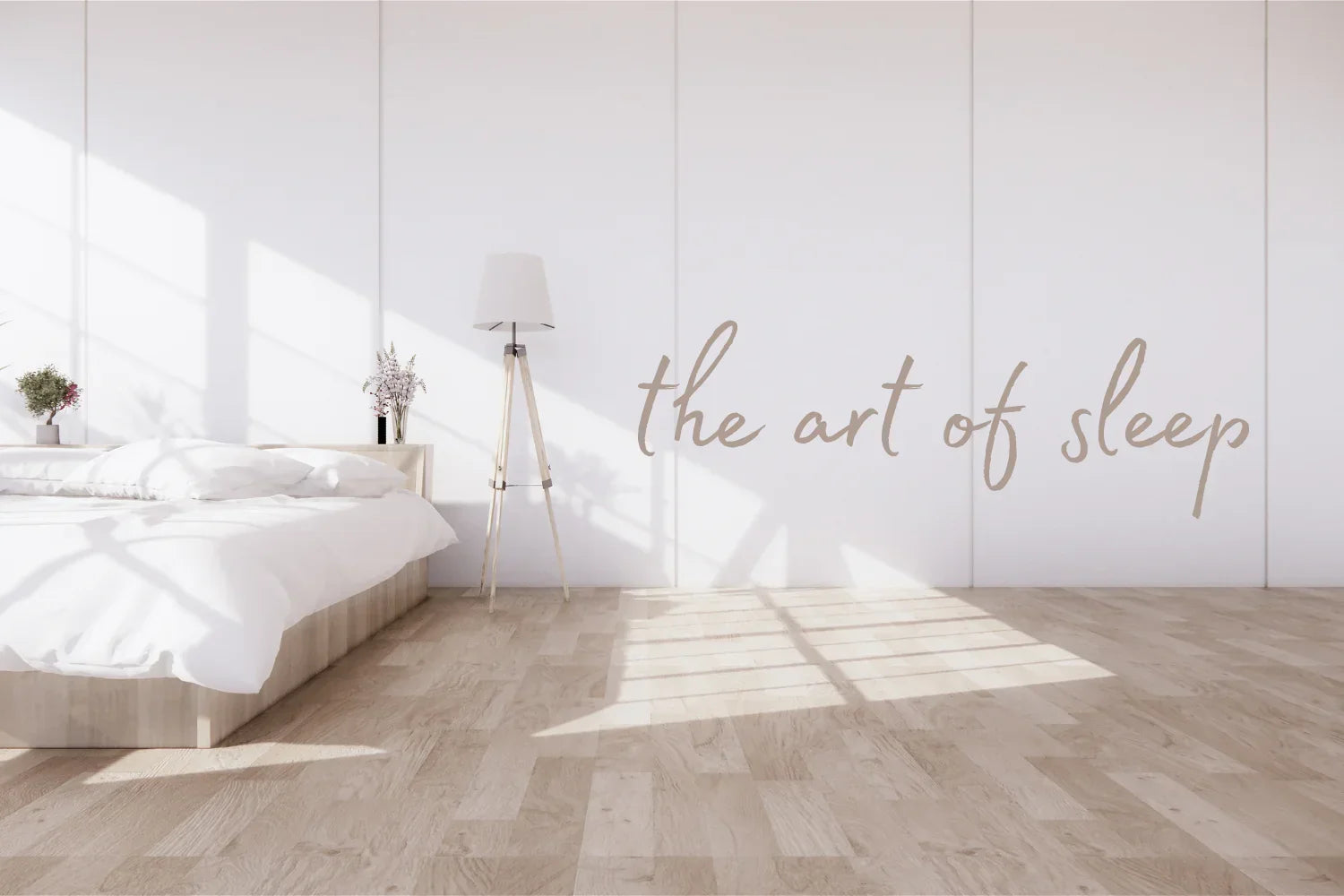
Introduction
With enough rest, we can all become “sleeping beauties". A good night’s sleep does a lot more for us than making us feel a little more bright-eyed in the morning. Health benefits of sleep can be seen in every aspect of our lives: physically, mentally, and emotionally. Good sleep can literally save our lives.
Health Benefits of Sleep
We Think Better
The first health benefit of sleep is that it strengthens our ability to think clearly, to remember better, and to make better decisions. We are more attentive during the day and we are better at learning new things and performing tasks more efficiently.
Sleep makes our memories stronger. During the day, we acquire new information in bits and pieces. Then our brains consolidate this information, making it more stable and consolidating it for later recall.
It is during sleep that the consolidation phase gets to work overtime. While information acquisition and recall happen only during daytime consciousness, consolidation occurs at night when brain neurons strengthen their connections.
Good sleep helps in learning. Not only does it help by strengthening our memories, but it also by makes us more alert and attentive during the day. We are better able to focus on the subjects and tasks needed to learn new information.
Many research studies show that students who don’t get enough sleep do poorly in school and get lower grades than those who do.
Students in grade school and high school who have sleep deprivation show problems with attention and learning.
Adults who have sleep problems are more likely to lose focus during the day. This can lead to both poor performance and accidents.
The National Highway Traffic Safety Administration issued a report in 2009 that identified tired driversas the number one cause of fatal car accidents – ranking ahead of alcohol-related crashes.
A study of 50,000 people in Sweden found that sleeplessness doubled the chance of someone dying in an accident.
We Get Physically Stronger
Other health benefits of sleep include the fact that we get stronger. What is probably the most popular recommendation from doctors whenever we are sick is to “get some rest”. This is actually the best treatment for almost everything that ails us.
Our body needs to recover from the wear and tear of daily life, its physical challenges, mental and emotional stress. Sleep is the antidote we need to recover from these threats to our health.
During sleep, especially in the deep sleep of REM, our bodies produce growth and repair hormones that heal damage done to our tissues and cells. This process of build and repair makes our muscles stronger.
Too little sleep can be life threatening. Strangely enough, so can too much sleep. One research study revealed that more deaths occurred in women who got less than five hours or more than six and a half hours of sleep.
Lack of sleep can lead to many physical problems and diseases including obesity, heart disease and stroke, diabetes and arthritis. Immune systems can be compromised, leading to all kinds of inflammations and infections.
A study done in 2010 showed that a protein associated with cardiac risk was higher in people who got six hours or fewer of sleep.
Healthy sleep affects our weight, too. At the University of Chicago, researchers found the correlation between sleep and weight. They found that people on diets who were also good sleepers lost more body fat than those who were sleep deprived. The people with sleep problems lost more muscle mass, reflecting the lack of muscle rebuilding during sleep cycles.
People who stay up longer have more access to snacks. And if they are on diets and sleep deprived, they feel hungrier. When we get tired, the hormones in our bodies that drive appetite get stronger. So staying up late and getting less sleep could be a two-edged sword.
Sleep studies on athletes over the years have shown that more sleep leads to better performance on the field, on the ice, in the pool and on the court. Tennis players and swimmers have been studied. Football players have been studied.
A Stanford University study showed that football players who got 10 hours of sleep for several weeks received many health benefits of sleep such as improved stamina on the field and improved sprint times.
We Feel Better Emotionally
Healthy sleep positively affects our emotional well-being. It lowers our anxiety and stress, helps us be calmer during the day and makes us more resistant to becoming over-emotional.
Adults and children react to sleep deprivation in different ways. Adults get tired; kids get hyperactive, showing symptoms similar to ADHD.
A 2009 study of sleep deprivation in children showed that those aged seven and eight who had fewer than eight hours of sleep were more likely to be inattentive, impulsive and hyperactive.
Health benefits of sleep include better control of blood pressure, cholesterol, and stress hormones – all major influences on cardiac disease.
A good night’s sleep makes us less irritable and less prone to losing our tempers during the day. It makes us more emotionally stable and reduces our chances of becoming impatient or depressed. It makes us less moody.
Studies have shown that up to 90% of people who suffer from depression also suffer from some kind of sleep disorder. And the sleep disorders came before the depression.
Studies also show that depressed people with sleep disorders are less likely to respond to treatment. And they are more likely to think of – and commit – suicide. Healthy sleep patterns give us more positive feelings about ourselves and make us more receptive to therapeutic interventions.
We are More Creative
Another proven health benefit of sleep is that healthy sleep spurs creativity. This allows us to be better writers, artists or musicians and enables us to solve problems in new ways.
Research has found that that rapid eye movement (REM) sleep, perhaps as part of the memory consolidation function, may help the brain to create associations between unrelated ideas, thus enhancing creative problem solving and priming the pump for creative expression.
And upon waking from healthy sleep, especially if we have experienced vivid dreams during that sleep, we can experience what science calls sleep inertia.This phenomenon, also known as the hypnopompic state, occurs immediately upon waking and combines our waking consciousness with our still-fresh dream awareness. It is possible that this period is our most creative.
In conclusion, there are many health benefits of sleep. A good night's sleep is an energizer and catalyst for peak performance as well as a preventative for sickness, injury, accident, or mental or emotional trauma.

































